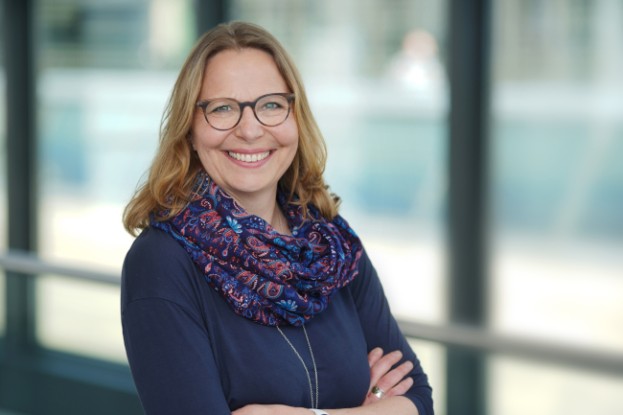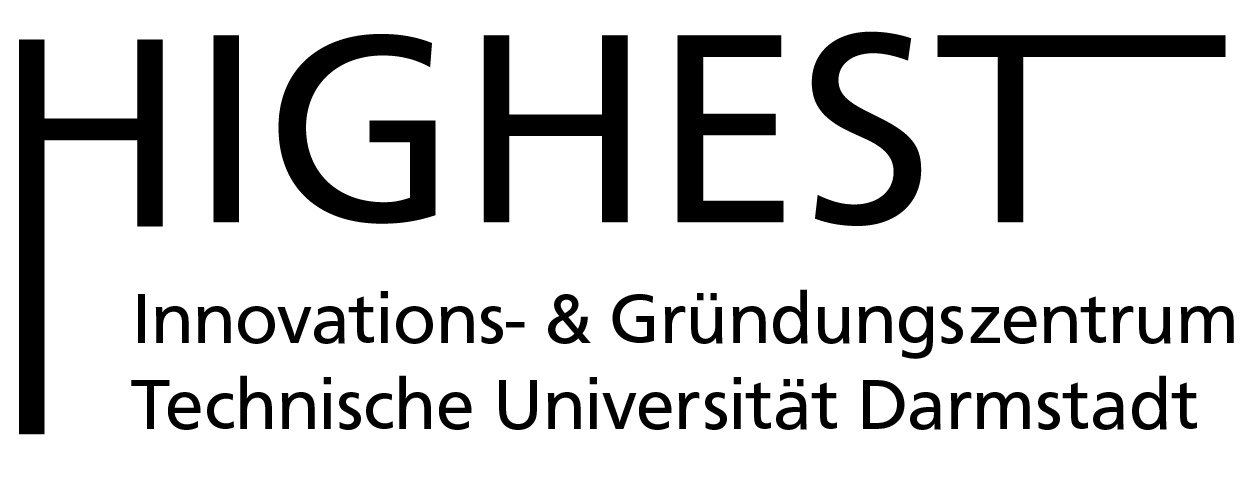Cell cultures for drug testing
Cell cultures of human cells, i.e. artificial tissue, can be used to determine the effects of certain substances. The ability, however, to use experimental results obtained on artificial tissue to predict possible reactions in living original tissue, strongly depends on how close the properties of real tissue can be modelled in the laboratory. For that reason, as many culture parameters as possible (medium, temperature, pH-value etc.) are carefully adjusted. One major deficiency of all current approaches to culture cells is the complete absence of any movement.
Cell cultures in motion
Almost no cell of the human body is always at rest. Not only those cells able to actively produce movement, such as e.g. cardiac muscle cells, are constantly in motion. Almost all body cells are passively stretched and compressed, whether through respiration, pulse or other active movements. Movement stimuli have a significant influence on the development, growth and behaviour of cells – whether in the human body or in culture – and thus also on the results of drug tests.
The aim of the Pioneer Fund project is to develop an innovative cell culture platform that mimics the physiological cell environment and is therefore very accurate in predicting the effects of substances on humans in preclinical studies.
Materials scientist Dr.-Ing. Ljuba Schmitt and biologist PD Dr. Tobias Meckel at the department MAP of Professor Dr. Markus Biesalski want to cultivate cells in special support structures to expose them to controlled motion stimuli. The integration of such mechanobiological aspects will enable more tissue-like cultures and thus the reliability of the experiments carried out with those cell cultures. Unsuitable drug candidates can thus be sorted out at an earlier stage of the testing phase. This should help to reduce the number of animal experiments and – in the long term – replace them with cell cultures. In addition to an ethical motivation, considerable cost savings are expected in clinical trials.
| Name | Working area(s) | Contact | |
|---|---|---|---|

| Susanne Gürich | susanne.guerich@tu-... +49 6151 16-57210 S1|01 |




